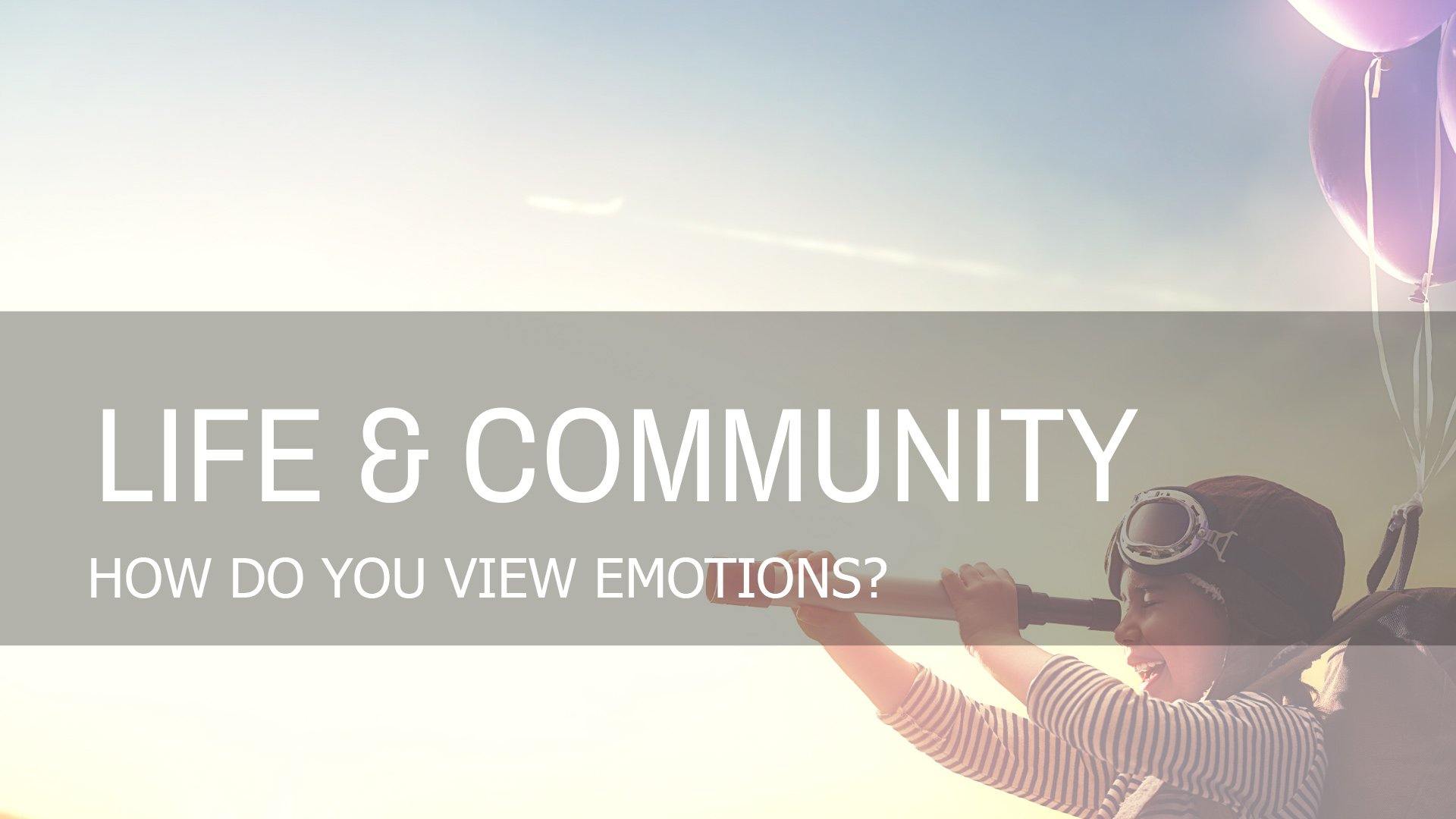
Mar 23 , 2021
How Do You View Emotions?
Emotions Versus Feelings
Although emotions and feelings are often used interchangeably, do you know the difference? Emotions are biological responses and physiological changes (arousal and stress), originating from the amygdala and the prefrontal cortex, to what’s going on in the environment, such as fear, terror, excitement, pleasure, anger, happiness, and sadness. On the other hand, feelings are more of a mental nature which are a subjective appraisal of one’s past and present experiences, beliefs, and mindset. The former relates to a change in a physical state measured through physiological markers while the latter is our subjective mental interpretation of those same experiences.
Adding Perspective
How can we apply this information to our lives? Emotions are an essential part of the decision-making process, helping us to determine values, preferences, threats, and rewards, seen as neural activity in the limbic system. However, the lingering mental associations regarding our perceptions, feelings, are more in our control than we often think. Shifting our perspective and understanding of how we navigate life significantly impacts the intensity of emotional reactions, which, in turn, affects the level of emotion regulation. This then influences resiliency: how quickly and effectively one can bounce back from setbacks. Most people tend to get mentally stuck out of instinct and habit. But the one tool that makes humans stand out from the rest of nature is our capacity for higher-order thinking, which include the abilities for far-reaching planning and execution, and maintaining up to 150 social connections, with varying degrees of intimacy (Dunbar’s number). This means that while emotions are important, we don’t need to be tied to them.
Thoughts for the Week
So, then the question becomes, is what you are feeling in a given situation helping you process information and useful for what you to want to achieve or is it a residual mental association from a place of familiarity? Emotions and feelings are just as important as logic, but context really matters. Being entrenched in emotions and feelings can lead to instability because they are ever-changing relative to the situation while being hyper-logical with limited emotional depth (damage to the orbital cortex) can make decision-making and setting goals difficult.
